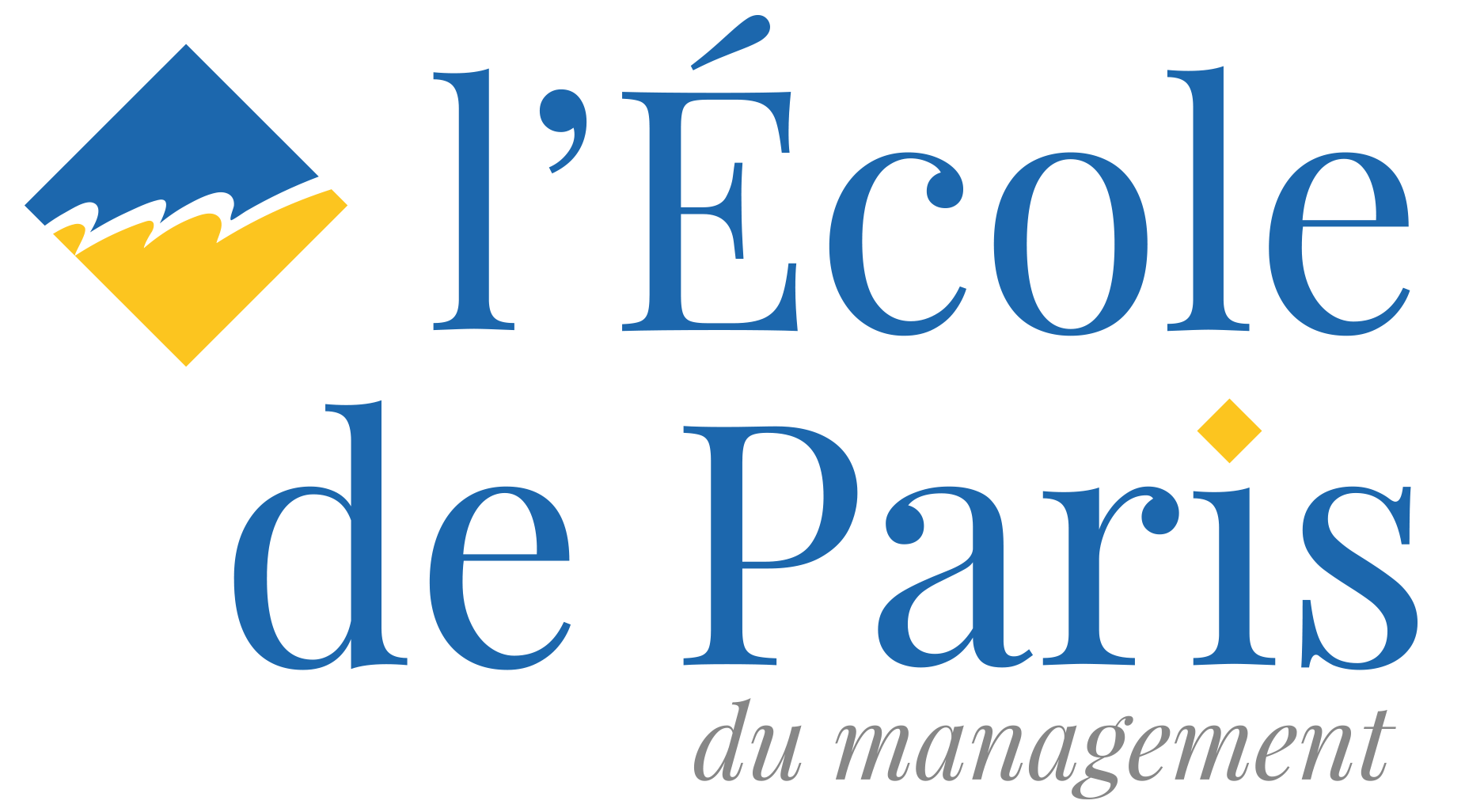Director, the Evry high-tech business zone
Research director, INRA, Director of the unit 'Social and political changes linked to the living world' (Transformations sociales et politiques liées au vivant)
Professor of philosophy, École polytechnique and Stanford University Member of the committee for ethics and prevention, INRA (Institut National de la Recherche Agronomique)
Seminar Guest speakers
|
Monday October 6, 2003
The biotechnology revolution affects the pharmaceutical, food, computer, nuclear and defence industries. A large number of innovations pose ethical and legal problems as well as issues relating to national security, which are no longer just the concern of a few research scholars. Disagreements concerning GMOs (genetically modified organisms) are an example. The United States has progressed very quickly in this area, whereas France has been slower. The reason for this is that investment in biotechnology puts French traditions to the test, for example by combining public and private money, something which has been impossible to manage for a long time. Changes in opinion and certain changes in the law, such as the Allègre Law, have given rise to new forms of organisation (such as the Genopole at Évry). However, the legal framework associated with these organisations is very often extremely complex. Will we be able to create efficient intermediary systems between research and industry, as well as the structure necessary for appropriate discussion sufficiently quickly to take these social issues seriously?
The entire article was written by:
Élisabeth BOURGUINAT
This session was published in issue n°47 of the Journal de l'École de Paris du management, entitled
Un monde en transition.




No comments yet